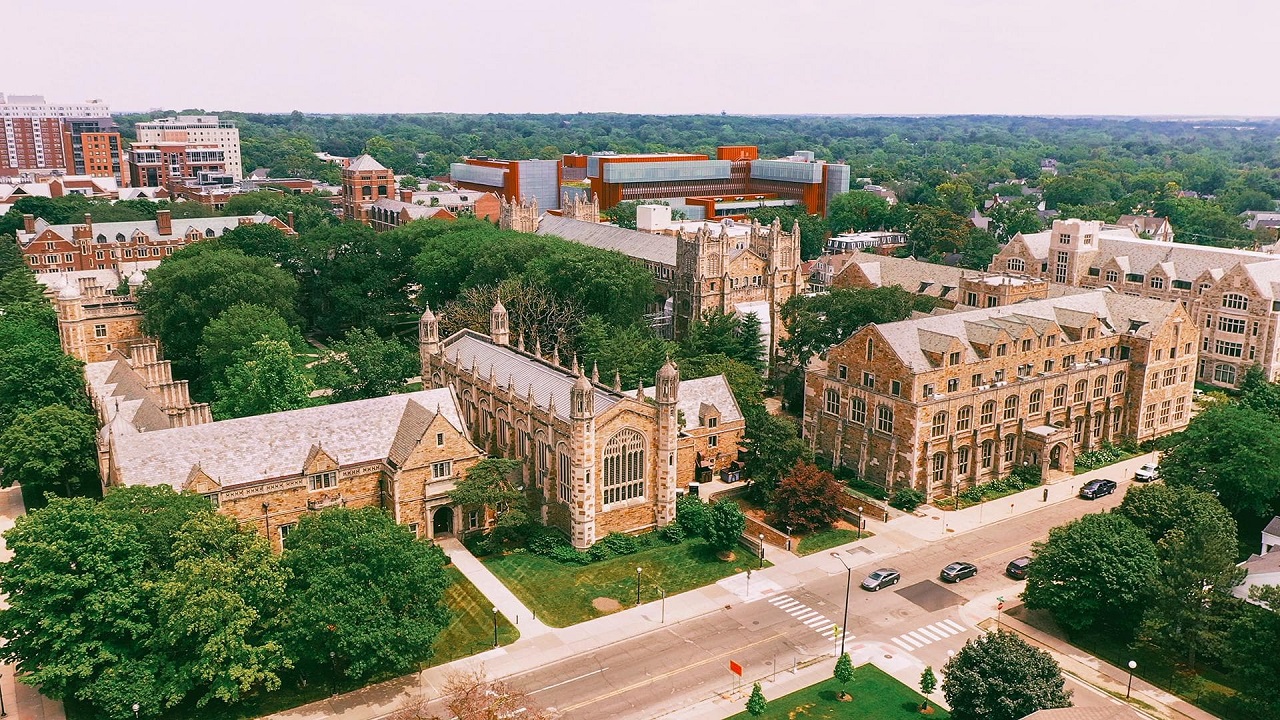Foreign University Campuses in India: Opportunities and Challenges
Context
Recently, five foreign universities received the Letter of Intent to establish branch campuses in India. This initiative marks a key step in the internationalization of Indian higher education under the framework of the National Education Policy (NEP) 2020.
Benefits of Establishing Foreign Campuses in India
-
Access to World-Class Education
Students can avail of high-quality global education within India, reducing the need for overseas travel and avoiding visa constraints. This also makes international education more affordable and accessible. -
Meeting the Growing Demand for Higher Education
With 52% of India’s population under the age of 30, the demand for higher education is rising. A growing middle class ready to invest in quality education presents a strong market for foreign institutions. -
Enhancing Indian Institutions
Collaborations with foreign universities can strengthen Indian institutions through improved research capabilities, talent exchange, and increased funding, leading to a more vibrant academic environment. -
Healthy Competition
The entry of reputed global institutions can challenge premier Indian institutes like IITs, IIMs, and NITs, pushing them to innovate and enhance their offerings. -
Human Capital Development
Foreign universities offer programs aligned with global industry standards, contributing to skill development, internships, and industry collaboration. -
Bilateral Academic Cooperation
These campuses can promote international collaboration in areas like defence, biotechnology, and aerospace through joint research and innovation.
Current and Upcoming Foreign Campuses in India
-
Established:
-
Deakin University and University of Wollongong – GIFT City, Gujarat
-
University of Southampton – Gurugram, Haryana
-
-
Proposed in Mumbai:
-
University of York
-
University of Aberdeen
-
University of Western Australia
-
Illinois Institute of Technology
-
Instituto Europeo di Design (Italy)
-
Government Initiatives
-
NEP 2020
Encourages the entry of top global universities through simplified regulations, tax incentives, and ease of land acquisition. -
UGC Guidelines (July 2023)
Issued to promote the internationalization of higher education, in alignment with NEP 2020, allowing foreign institutions to set up campuses with academic and administrative autonomy.
Challenges of Foreign Campuses in India
-
Lack of Transparency
Admissions are sometimes announced without clarity on faculty, curriculum, or operational details, reducing credibility. -
Geopolitical Uncertainty
Policy shifts in the home countries of foreign institutions may disrupt operations in India. -
Strong Domestic Alternatives
India already has established public institutions and a growing number of private universities offering joint or double degrees with global partners. -
Entry of Mid-Tier Institutions
Many institutions entering India are not top-ranked in their home countries, making it difficult to stand out amid local elite options. -
Narrow Focus of Courses
Most programs focus only on high-demand fields like business, data science, and computer science, offering limited academic diversity. -
Lack of Distinct Identity
Without a broader academic vision or research focus, these campuses may be perceived as mere diploma mills. -
Over-Reliance on Marketing
Aggressive promotion without substance can lead to trust issues. Students now expect detailed, transparent data on faculty quality, curriculum design, and student support. -
Infrastructure Constraints
Many foreign campuses operate in rented high-rises, lacking the spaciousness and culture of traditional Indian university campuses.
Way Forward
The entry of foreign universities represents a transformational shift in India's education sector. However, India must:
-
Evaluate proposals based on local needs and academic value.
-
Encourage institutional collaborations, like those between IIT Delhi–University of Queensland and IIT Bombay–Monash University.
-
Promote comprehensive institutions that invest in not just physical campuses, but also in academic culture, faculty, and student experience.
For foreign campuses to thrive and gain public trust, quality, transparency, and long-term investment in India's academic ecosystem are essential.



_(10).jpg)
Comments (0)